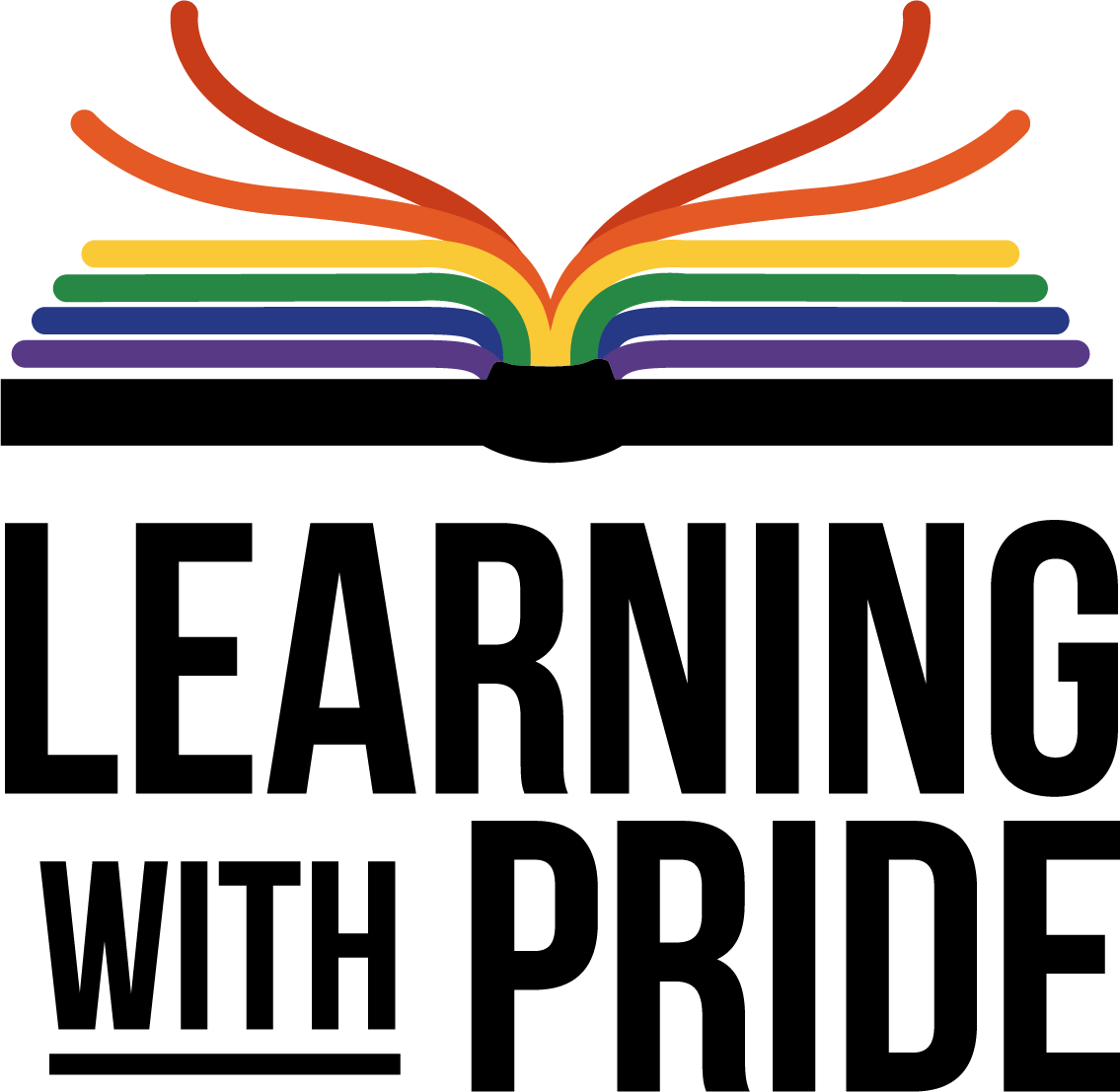Resources

Inclusive Curriculum Guide
Creating an inclusive classroom starts with representation. Our curriculum guide helps educators integrate LGBTQ+ history and figures into everyday lessons across subjects like history, literature, and social studies. It includes age-appropriate content for grades 6–12, aligned with California state standards. The guide emphasizes dignity, accuracy, and cultural relevance. Teachers can access ready-to-use lesson plans, discussion prompts, and primary source materials. Each module includes reflection questions to foster empathy and critical thinking. The resource was developed in collaboration with historians, educators, and LGBTQ+ youth. It avoids tokenism by embedding queer narratives into broader historical contexts. Schools that have adopted this guide report increased student engagement and reduced bullying. Download the full PDF or request a printed copy for your school.

Recommended Reading List
Representation in literature saves lives. Our curated reading list features 50+ books that authentically portray LGBTQ+ characters and experiences. The list is divided by age group: elementary, middle school, and high school. Each entry includes a content note, summary, and discussion guide for educators and parents. Titles range from picture books like “Julian Is a Mermaid” to YA novels like “The Poet X” and memoirs like “Gender Queer.” We prioritize works by queer authors, especially those from BIPOC communities. The list is updated annually and vetted by librarians and mental health professionals. Many titles are available in public libraries or through interlibrary loan. We also provide guidance on responding to book challenges with facts and compassion. Reading these stories helps all students feel seen and builds allyship among peers. Access the full list online or request a printable version.

GSA (Gender & Sexuality Alliance) Toolkit
Starting or strengthening a GSA is one of the most impactful actions students can take. Our toolkit provides step-by-step instructions for forming a club, securing faculty sponsorship, and planning inclusive events. It includes sample constitutions, meeting agendas, and icebreaker activities. The guide also covers how to advocate for policy changes, such as gender-neutral restrooms or inclusive dress codes. Real student testimonials show how GSAs have transformed school climates across California. Safety protocols are included for schools in less supportive communities. The toolkit emphasizes intersectionality, ensuring all identities within the LGBTQ+ spectrum are honored. Advisors will find professional development resources and legal guidance. Monthly themes (e.g., Trans Awareness Week, Pride Month) help structure the year. Download the digital kit or order a printed binder for your school.

Digital Safety & Online Support
LGBTQ+ youth often turn to the internet for community, but online spaces can also pose risks. Our digital safety guide teaches students how to protect their privacy, recognize cyberbullying, and find affirming platforms. It includes tips for secure messaging, managing location sharing, and creating strong passwords. The resource lists vetted online communities like TrevorSpace and Q Chat Space. Parents and educators receive guidance on monitoring without invading trust. We explain how to report harassment on major platforms like Instagram and TikTok. Mental health resources are integrated, including crisis text lines and telehealth options. The guide also addresses the risks of conversion therapy websites and how to avoid them. All content is reviewed by digital literacy experts and LGBTQ+ advocates. This resource is available in English and Spanish. Share it during digital citizenship week or orientation.

Mental Health & Well-Being
LGBTQ+ students face higher rates of anxiety, depression, and suicidal ideation due to stigma and rejection. Our mental health resource connects youth to affirming care and self-care strategies. It includes a directory of LGBTQ+-competent therapists in California, many offering sliding-scale fees. The guide explains how to talk to a school counselor about gender or sexuality safely. Mindfulness exercises, journal prompts, and grounding techniques are provided for daily use. We emphasize the importance of chosen family and peer support networks. Crisis resources like The Trevor Project (877-850-4838) and Trans Lifeline are prominently featured. Educators receive tips for creating emotionally safe classrooms. Parents can access guides on supporting their child’s identity with love. All materials are trauma-informed and culturally responsive. Download brochures for your school nurse’s office or wellness center.
